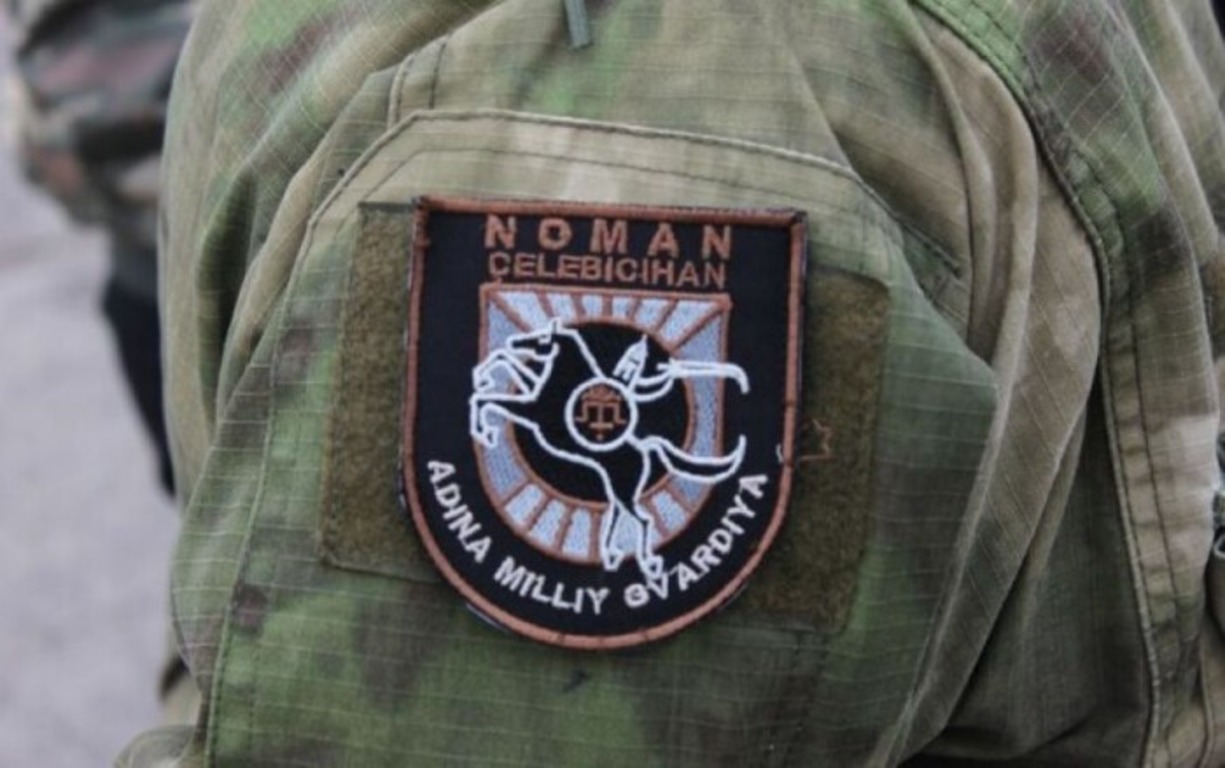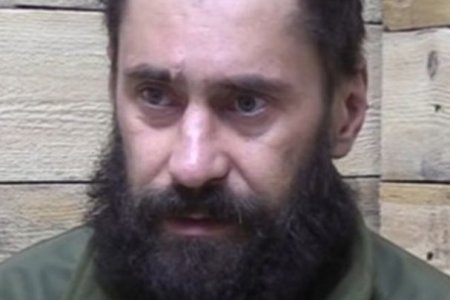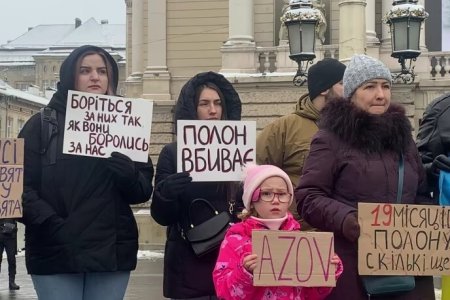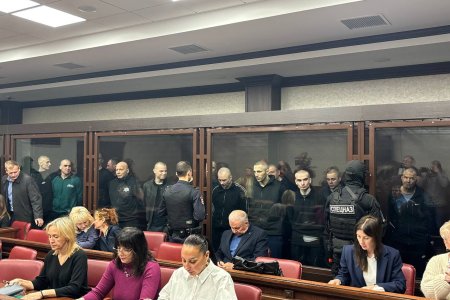
Russia’s Southern District Military Court has sentenced Ihor Varchuk to 20 years’ imprisonment on worryingly cynical ‘terrorism’ charges based solely on a flawed and politically motivated Russian supreme court ruling in June 2022. That declared the Noman Çelebicihan (or ‘Asker’) Crimean Tatar Volunteer Battalion, a ‘terrorist organization’, although it was an unarmed civic organization existing in, and perfectly legal, in mainland Ukraine. It was, undoubtedly, that non-violent organization which was mentioned in connection with the Russian supreme court ruling on 1 June 2022, and that has become one of Russia’s weapons of repression against Crimean Tatars and other Ukrainians abducted from occupied parts of Ukraine.
The situation with Ihor Varchuk appears to be different, and not only because this is the first time that Russia has used its notorious ‘terrorism’ legislation, carrying huge sentences. Up till now, the charge has been under Article 208 § 2 of Russia’s criminal code (“taking part in the activities of an illegal armed formation, acting on the territory of a foreign state for purposes which are against the interests of the Russian Federation”). Any charge under Russian legislation is illegal, but at least the sentences have been shorter.
The main difference here is that Ihor Varchuk appears to be a Ukrainian prisoner of war, seized while serving in the 48th Separate Assault Battalion, named after Noman Çelebicihan. The Battalion is certainly historically linked with the Noman Çelebicihan Battalion formed at the beginning of 2016 to man the Civic Blockade of occupied Crimea and arose in response to Russia’s full-scale invasion of Ukraine on 24 February 2022. It is, however, part of Ukraine’s Armed Forces, and specifically the 123rd Territorial Defence Brigade. Even if, officially, this is made up of territorial reserves, such distinctions are academic when the country is facing a full-scale invasion. Varchuk was defending his country as part of the 48th Separate Assault Battalion and should have protected status as a prisoner of war.
Instead, Russia has used a flawed ruling to charge Varchuk with ‘terrorist activities’. His military training at a base near Orlivshchyna in Dnipropetrovsk oblast was claimed to be ‘training in terrorist activities’ (under Article 205.3 of Russia’s criminal code). His active service was then labelled ‘participation in the activities of an organization declared terrorist in accordance with RF legislation’ (Article 205.5 § 2). It is claimed that Varchuk only joined the 48th Separate Assault Battalion on 22 September 2024, then underwent training, before being sent to the front, supposedly from 25 October to 8 November 2024, when he was taken prisoner in what Russia calls the ‘Donetsk people’s republic’ [i.e. occupied Donetsk oblast].
There appear to have been only two ‘court hearings’ before ‘judge’ Andrei Nikolaevich Minashkin from the Southern District Military Court in Rostov ‘retired to pass sentence’. Russia’s use of torture and ill-treatment against Ukrainian prisoners of war [POW] has been well-documented and condemned both by Ukrainian investigators and by international monitors (the UN Human Rights Monitoring Mission; the UN’s Independent International Commission of Inquiry on Ukraine ). The vast majority of Russia’s illegal ‘trials’ of Ukrainian prisoners of war have been backed solely by videoed ‘confessions’ almost certainly extracted through electric shocks, beatings and other forms of torture.
On 22 May 2025, Minashkin found Ihor Varchuk ‘guilty’ and sentenced him to twenty years’ maximum-security [‘harsh-regime’]] imprisonment, with the first three years in a prison, the worst of Russia’s penal institutions.
This is the first time that Russia has used the ruling against the Noman Çelebicihan Battalion as pretext for fake ‘terrorist’ charges against a member of the 48th Separate Assault Battalion. It has, however, been using equally flawed rulings about other military units of Ukraine’s Armed Forces, such as the Azov Regiment and the Aidar Battalion. Massive sentences have been passed against both men and women taken prisoner long before the relevant rulings and before Russia illegally seized the Ukrainian territory in question.
See also: Russia imprisons at least 50 Crimean Tatars, other Ukrainians in revenge for Crimean civic blockade



